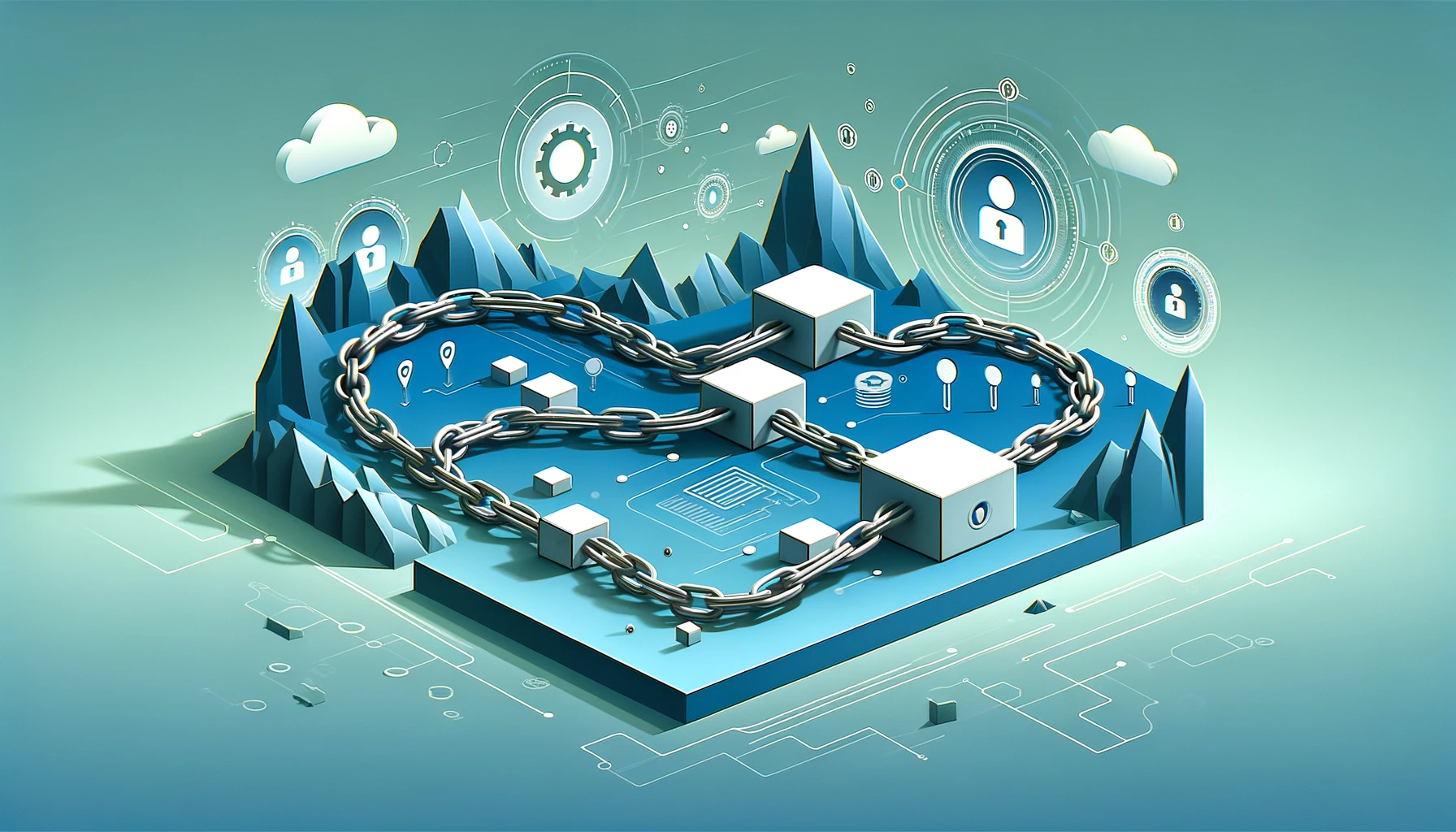Blockchain’s Battle Against Identity Theft
In our rapidly evolving digital landscape, identity theft emerges as a formidable challenge, impacting millions worldwide. The repercussions of such crimes extend far beyond financial loss, leading to long-term credit score damage and the complex process of identity recovery. This dire situation calls for a revolutionary approach to identity theft protection, highlighting the potential of blockchain technology as a pivotal solution in the fight against digital fraud. This discussion explores how blockchain can significantly advance the protection of personal information, offering a more secure defense mechanism for individuals’ identities.
The Persistent Threat of Identity Theft
At its core, identity theft involves the unauthorized acquisition and use of someone’s personal information for fraudulent activities. This may include unauthorized transactions, opening new financial accounts, or obtaining identification under someone else’s name, leading to financial ruin and a tarnished credit history for the victims. The urgency to develop more effective methods to safeguard personal information is greater than ever in this context.
Blockchain: A Beacon of Hope
Blockchain technology, primarily known for underpinning cryptocurrencies like Bitcoin, stands out as a decentralized digital ledger that records transactions across multiple computers. This setup ensures that once data is recorded, it becomes nearly immutable, presenting an innovative approach to enhancing personal data security.
The Power of Immutable Records
Blockchain’s hallmark feature is its immutability; once information is entered into the ledger, it is virtually impossible to alter. This characteristic is incredibly beneficial for personal data security, as once an individual’s information is secured on a blockchain, it is safeguarded against tampering, significantly reducing identity theft risks.
Decentralization: Empowering Individuals
Traditional data storage solutions often rely on centralized systems, which can be vulnerable to targeted attacks. In contrast, blockchain’s decentralized nature distributes data across a network, diminishing the risks of large-scale data breaches. This approach not only bolsters security but also empowers individuals with greater control over their data, substantially improving their ability to protect their identity.
Balancing Transparency with Privacy
While blockchain offers a transparent system where transactions are visible to all network participants, it also prioritizes privacy through advanced cryptographic methods. Access to personal data on the blockchain requires a decryption key, ensuring that information sharing is secure and controlled. This delicate balance between transparency and privacy fosters trust and enhances identity protection efforts.
Smart Contracts: The Next Level of Security
Smart contracts, which are self-executing contracts with the terms of the agreement directly written into lines of code, introduce an innovative layer of security. These contracts can autonomously verify the legitimacy of transactions without third-party intervention, thereby reducing the opportunity for fraud. For instance, a smart contract could be programmed to automatically validate a transaction’s authenticity before it is processed, providing an added layer of security to protect individuals’ identities.
Integration with Telecom Security
In an era where digital identity verification is crucial across sectors, it’s essential to draw connections between blockchain’s potential to prevent identity theft and its role in enhancing telecom security. Our previous discussion on “The Critical Role of Identity Verification in Telecom Security” offers an insightful backdrop against which the benefits of blockchain can be further appreciated. Telecom companies, tasked with managing vast amounts of personal data, stand to benefit significantly from adopting blockchain technology to secure identities and prevent fraud.
Practical Applications and Initiatives
The theoretical benefits of blockchain in combatting identity theft are already being realized through various real-world applications:
- Self-Sovereign Identities: Innovations are underway that allow individuals to own and control their digital identities without depending on central authorities. This autonomy drastically lowers the chances of identity theft.
- Secure Data Storage Solutions: Blockchain provides a highly secure platform for storing sensitive personal information, from government IDs to financial details, accessible only to those with the appropriate private keys, thus ensuring data privacy and security.
- Enhanced Verification Processes: With blockchain, the verification of documents or transactions can be made transparent and secure, significantly reducing the potential for fraudulent activities.

Addressing the Challenges Ahead
Despite its promising potential, the adoption of blockchain as a solution to identity theft is not without its challenges. Issues such as scalability, the environmental impact of blockchain technology, and the need for user-friendly interfaces must be addressed. Moreover, regulatory frameworks need to evolve to support the integration of blockchain technology while safeguarding users’ rights and privacy.
Moving Forward with Blockchain
As we navigate through the complexities of digital identity security in the 21st century, blockchain technology emerges as a critical tool in securing personal information against theft. Its unique features, including decentralization, immutability, and the ability to balance transparency with privacy, offer a new paradigm for preventing identity theft. By staying informed about and supporting the adoption of blockchain technologies, society can collectively enhance its defense mechanisms against identity theft, creating a safer digital environment for all.
The journey toward widespread blockchain adoption for identity protection is an ongoing endeavor, requiring collaboration between technology developers, regulators, and the public. As we continue to explore and refine blockchain solutions, we edge closer to a future where digital identities are as secure as their physical counterparts. The fight against identity theft is far from over, but with blockchain technology, we have a powerful ally. By harnessing its capabilities, we can aspire to a digital realm where protecting your identity is both more straightforward and more effective, paving the way for a future where identity theft becomes a relic of the past.
In conclusion, blockchain technology offers a groundbreaking approach to combating identity theft, providing a robust framework for securing personal information. Its decentralized nature, coupled with the security and privacy it offers, positions blockchain as an essential tool in the fight against digital fraud. As we look to the future, the continued exploration and adoption of blockchain technology will be key to advancing identity theft protection, ensuring a safer digital landscape for individuals worldwide.

